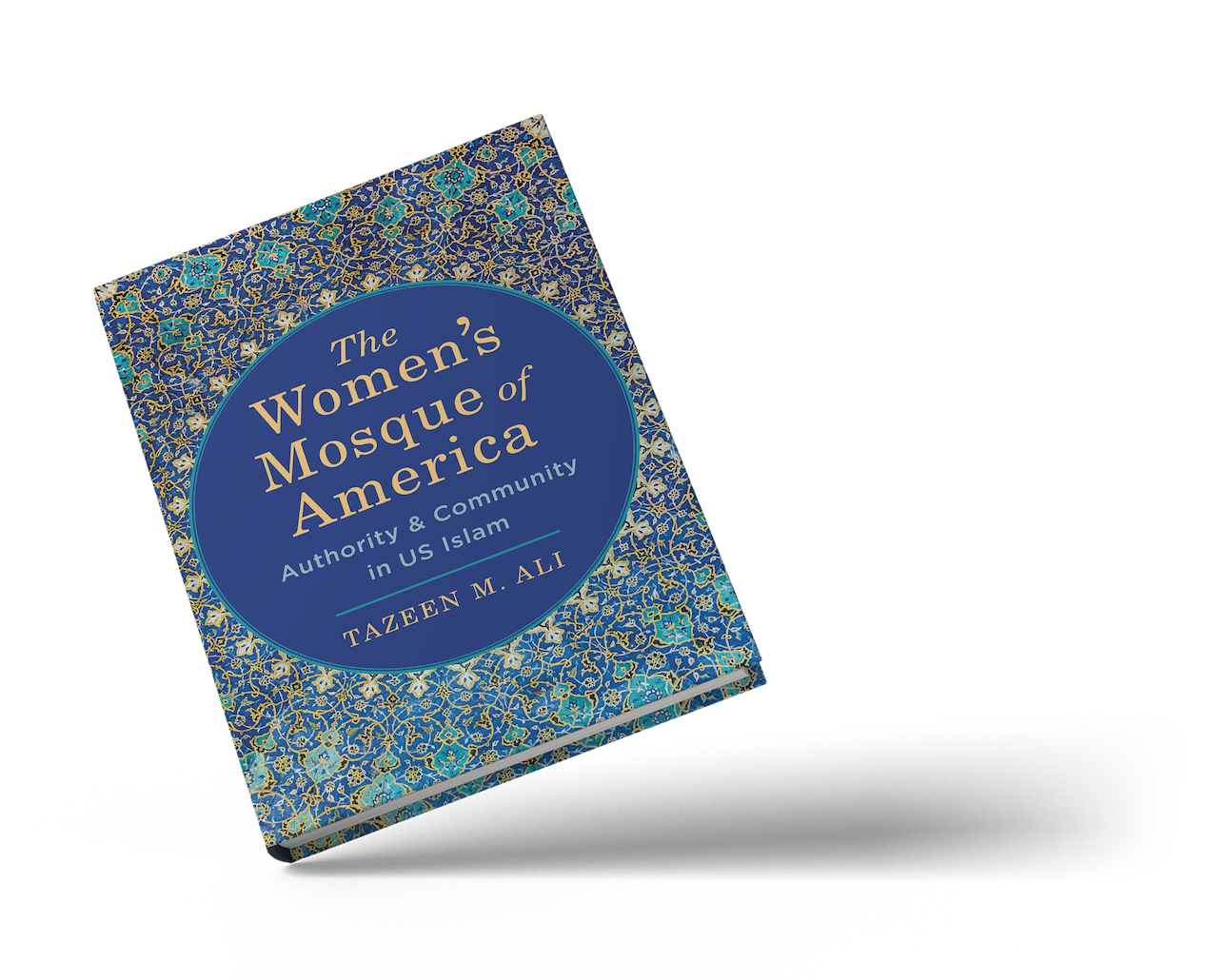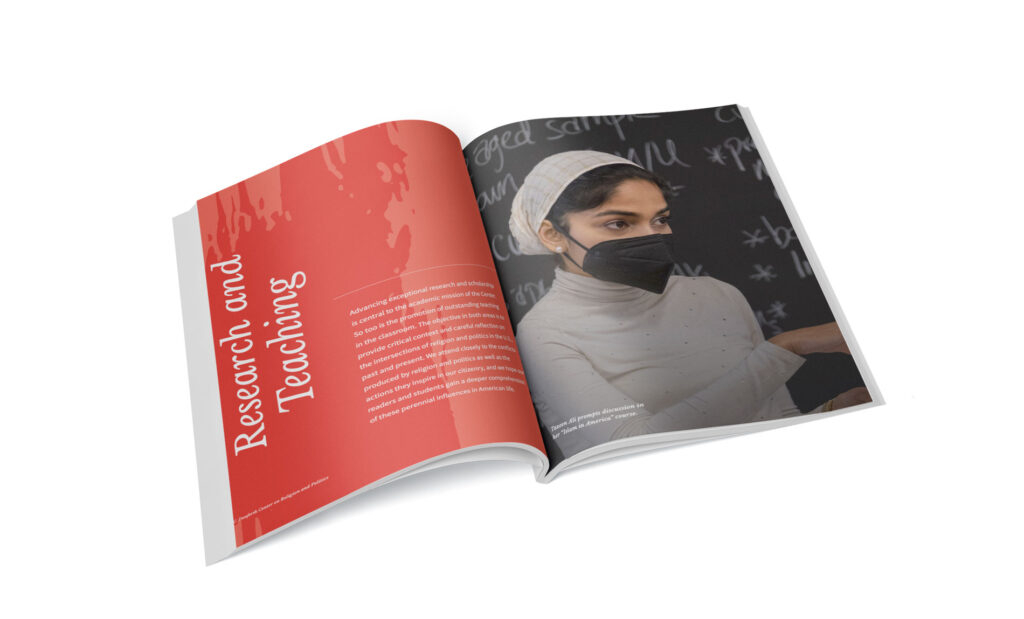The Women’s Mosque of America
Authority and Community in US Islam

The Women’s Mosque of America (WMA), a multiracial, women-only mosque in Los Angeles, is the first of its kind in the United States. Since 2015, the WMA has provided a space for Muslim women to build inclusive communities committed to gender and social justice, challenging the dominant mosque culture that has historically marginalized them through inadequate prayer spaces, exclusion from leadership, and limited access to religious learning.
Tazeen M. Ali explores this congregation, focusing on how members contest established patriarchal norms while simultaneously contending with domestic and global Islamophobia that renders their communities vulnerable to violence. Drawing on textual analysis of WMA sermons and ethnographic interviews with community members, and utilizing Black feminist and womanist frameworks, Ali investigates how American Muslim women create and authorize new conceptions of Islamic authority. Whereas the established model of Islamic authority is rooted in formal religious training and Arabic language expertise, the WMA is predicated on women’s embodied experiences, commitments to social and racial justice, English interpretations of the Qur’an, and community building across Islamic sects and in an interfaith context.
Situating the US at the center rather than at the margins of debates over Islamic authority and showing how American Muslim women assert themselves as meaningful religious actors in the US and beyond, Ali’s work offers new insights on Islamic authority as it relates to the intersections of gender, religious space, and national belonging.
More Writings
Academic Articles / Chapters
Taken in Granada by Tazeen Ali.
“Qur’anic Literacy as Women’s Empowerment: Cultivating Interpretive Authority at the Women’s Mosque of America,” in Journal of the American Academy of Religion, vol. 89, no. 4, December 2021.
ABSTRACT
This study shows how the Women’s Mosque of America, an emergent women-only mosque in Los Angeles, is a useful locus to engage contemporary global debates about Islamic authority. In these debates, scholars of religion have not yet attended to the recent appearance of women-led mosques in the West, thereby overlooking American Muslim women as legitimate mediators of the Islamic tradition. This article takes seriously American Muslim women’s interventions in authority and analyzes the Women’s Mosque of America as a discursive space that arises from the genre of American Muslim feminist exegesis, which treats the Qur’an as an essentially gender-egalitarian text. Using a lived religions approach, I draw on a close reading of its inaugural sermon and ethnographic interviews with congregants to argue that the Women’s Mosque of America challenges hegemonic understandings of Islamic authority by advocating for English translations of the Qur’an and lay Muslims’ right to interpret scripture.
“Religion,” in Keywords for Gender and Sexuality Studies, NYU Press November 2021.
EXCERPT
“How can we as students and scholars engage in critiques of gender oppression within religious communities without perpetuating the reductive notion that religion necessarily constrains and subjugates women, queer communities, and other vulnerable populations?”
Public Scholarship
Taken in Sahara by Tazeen Ali.
“Roe v Wade: Why do Americans link court ruling to Islam?,” Middle East Eye, July 18, 2022.
“American Muslim women are finding a unique religious space at a women-only mosque in Los Angeles,” The Conversation, April 30, 2022.
“The 20 Year Media Spectacle of Saving Afghan Women,” Religion & Politics, September 14, 2021.
“Islamophobia, Anti-Blackness, and the Challenges of Healing Muslim-Christian Relations in the United States,” Berkley Forum, May 24, 2021
“Scholars of religion and politics respond to the Capitol insurrection,” Religion & Politics, January 15, 2021.
“Beyond Bernie: Where Do American Muslim Voters Go From Here?” Religion & Politics, April 14 2020.
Teaching
COURSES TAUGHT
Course List goes here
